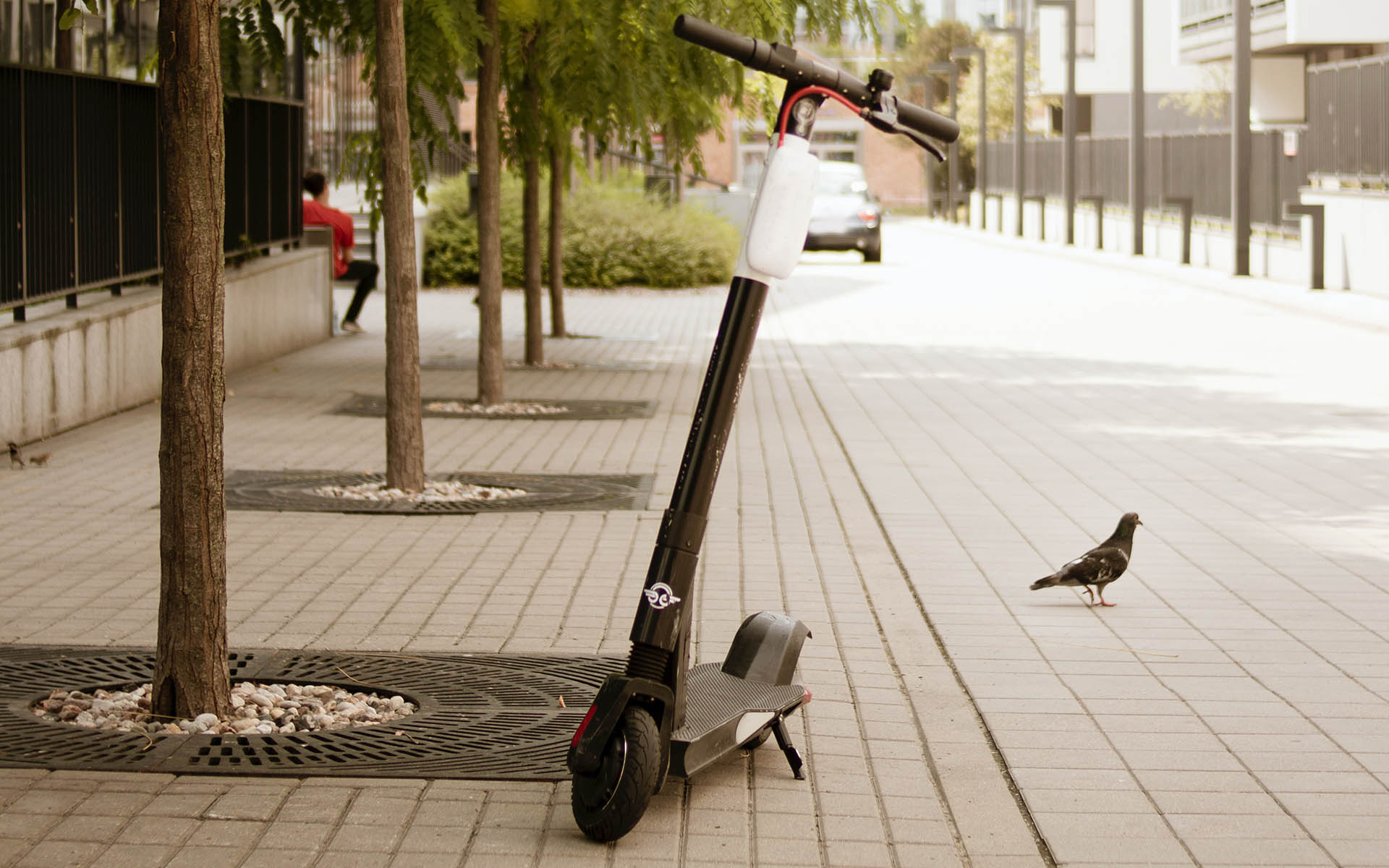
Dockless electric rental scooters (e-scooters) have rapidly become part of the urban environment in many cities. In Stockholm, the first e-scooters were introduced in August 2018. By September 2020, the number of e-scooters surpassed fourteen thousand.
In Stockholm, as in many other cities, e-scooters cause debate and raise questions. Many people are positive towards the possibility to get around the city quickly and without local emissions. Meanwhile, the sustainability of e-scooters is questioned, and cities need to dedicate resources to the issue of how to integrate e-scooters in the urban environment in order not to harm or inconvenience pedestrians. With the rapid development, knowledge of how e-scooters are used, and how they affect health, environment, and traffic, is lacking.
To fill this knowledge gap, RISE and City of Stockholm have conducted a study on e-scooter logistics, charging and parking, within the Horizon 2020 project MEISTER. The aim of this study was to examine the environmental impact of e-scooter collection, charging and redistribution, and to identify if and how e-scooter logistics and charging may be improved.
A full report, tailored for City of Stockholm, is available in Swedish. This English version has been slightly shortened and focusses more on conditions and results that might be of interest to an international audience.
Download the report (PDF, 867KB)
